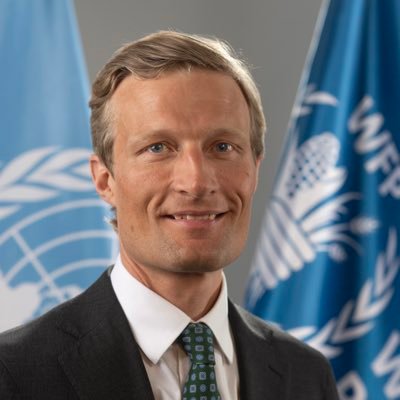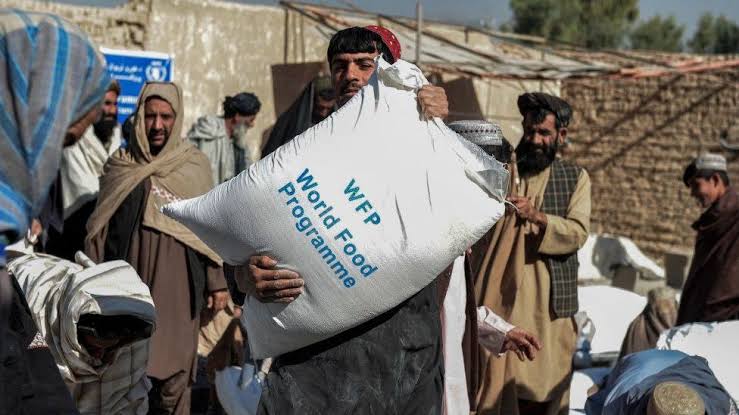The United Nations World Food Programme’s (WFP) Deputy Executive Director and Chief Operating Officer Carl Skau visited Afghanistan last week to see first-hand WFP’s operations amid a funding crisis that has led the agency to cut aid to people in the country.
Skau’s visit comes after WFP reduced aid for people due to a funding shortfall. According to the organization, eight million highly vulnerable people will no longer receive WFP’s emergency assistance due to funding shortfalls.
“WFP urgently needs $918 million to maintain operations for the coming six months,” WFP said in a statement on Tuesday.
WFP said Skau witnessed the impact of the latest restrictions on women’s employment and of an acute funding crisis which recently forced WFP to cut rations and drastically reduce the number of people it serves with lifesaving assistance.
“It is clear that WFP programmes save lives in Afghanistan every day. Widows at food distribution sites told me how critical WFP’s assistance is for them and their children, and farmers showed me how community assets they built with WFP’s support protect their fields from devastating floods and drought,” said Skau.

In addition he called for continued support for humanitarian assistance for the people in Afghanistan. “The world cannot turn its back on the people of Afghanistan. We must find ways to ensure a safe and conducive environment for women and men staff but without sufficient funds, we cannot deliver the assistance desperately needed by girls, boys, women and men across the country.”
Skau traveled to Bagrami district in Kabul province and Charikar City in Parwan province, where he visited ongoing WFP operations. He also met with Taliban officials and emphasized the crucial role women play in supporting WFP’s response to reach the most vulnerable women and girls.
He also said: “We will continue to work towards the full participation of women staff across our response, and to ensure that Afghan girls, boys, women and men in need have equal access to WFP’s assistance.”
Over 15 million people in Afghanistan are estimated to be experiencing acute food insecurity with 2.8 million people in ‘emergency’ levels of hunger.





